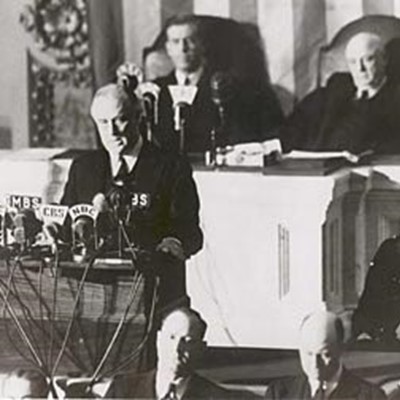
Maybe you’ve had this experience:
You make a business presentation.
You ask a coworker, "How'd I do?"
The answer you get back: "You were great!"
Most of us are happy to hear we did a good job. But often, when we ask for feedback on business presentations and speeches, we sincerely want something constructive we can use to do a better job next time.
One way to receive more useful information is to change how you go about getting it.
From our Buckley School coaches, here are three tips for getting better feedback on your next presentation:
1. Ask better questions.
"When coaching managers to give feedback, I say 'Feedback should be specific, balanced, and timely,'" Buckley coach Katie Pope tells us.
"To flip that for speakers asking for feedback, if time is short or if someone comes up to say ‘I liked your talk,’ the speaker can usually get specifics by asking ‘What did you like about my talk? What would you suggest I do differently?'"
If you have more time—or even at a later time—Katie suggests that’s when you can dig deeper.
Some questions you might ask include:
- What was your main takeaway from my presentation?
- Was there anything you didn’t understand?
- Where did you feel most interested? Least interested?
- What really made your ears prick up?
- If I had to cut something from this presentation, what should I leave out?
- How would you describe my enthusiasm for this message?
- What did you think about the pacing of my talk?
2. Give some direction.
"If you’ve been working on a certain aspect of your speaking, why not give a heads up to a colleague before you give your presentation?" says Buckley coach Jenny Maxwell. "For example, maybe you speak too quickly and are working to slow down. Ask the person to watch for it in your next presentation, with some particular points: Am I rushing through sentences? Do I pause long enough between ideas? Is there anywhere in my presentation where you have trouble keeping up?"
Jenny also points out that this is a great way to approach rehearsing. "Why not tackle this before you give the big presentation? Get that specific feedback when you practice, and see if you can make the adjustments. Then, ask how well you were able to apply what you rehearsed."
3. Show appreciation for the insights.
"One of the best gifts you can give someone who’s making the effort to give you feedback is to listen,” says Buckley coach Karen Kalutz, “even if you don’t fully agree with what you’re hearing."
"We all stumble on occasion and the performance doesn’t go as well as we had hoped,” says Karen, "but if you’ve asked for feedback, accept it. If you react defensively or get caught up in explaining why you did what you did, it’s unlikely you’ll receive honest, constructive feedback from that person after your next performance."






